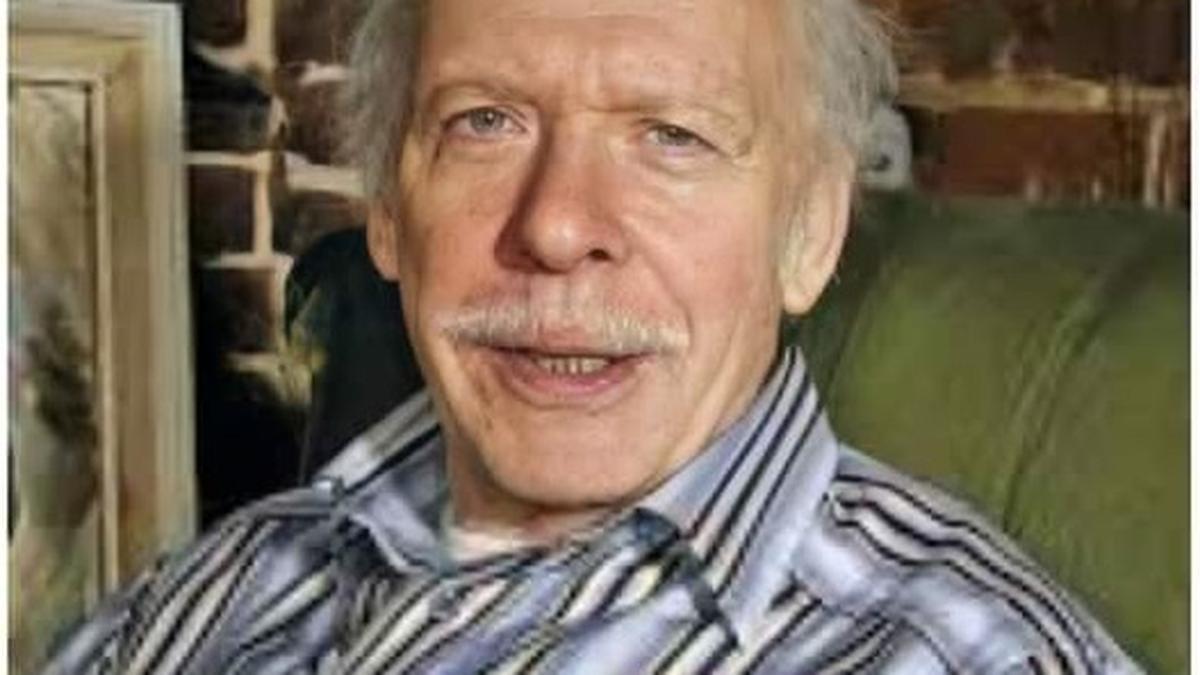
With a legacy that spans over a decade of innovation and growth, Apple CEO Tim Cook stands as a testament to the tech giant’s enduring success. A successor to the visionary Steve Jobs, Cook took the helm in 2011 and since then, has piloted Apple to unprecedented heights in the tech industry. Amidst swirling speculation, it becomes increasingly pressing to consider who might be next to guide this iconic company as Cook’s tenure nears its conclusion.
While Cook’s departure remains unofficial, the discussions about his replacement catch the eye of industry watchers and Apple aficionados alike. The successor to such an eminent figure will undoubtedly shoulder the weight of expectation that comes with leading a company renowned for its revolutionary products and industry leadership.
According to reports by Bloomberg, the current frontrunner is Jeff Williams, who holds the position of Chief Operating Officer within Apple. Williams’ resume with the company stretches over twenty-five years, a period in which he has honed his expertise through various operations and management roles. However, his prospects might be tempered by his age, a consideration that could potentially tip the scales against him in the selection process.
Other key figures in this high-stakes race include Craig Federighi and Deirdre O’Brien. Federighi, at the forefront of Apple’s software engineering division, possesses a deep understanding of the company’s technical direction and innovation pipeline. In contrast, O’Brien offers a nuanced perspective shaped by her leadership over Apple’s extensive global retail operations. Both candidates boast impressive track records and capabilities that could prove invaluable in the CEO role.
Another name making waves in this speculation pool is John Ternus, Apple’s esteemed Senior Vice President of Hardware Engineering. He distinguishes himself not only through his instrumental role in product development and regulatory matters but also as a potential breath of fresh air given he stands a decade junior to his competition. His relative youth paired with his vital experience in core aspects of Apple’s business fabric positions him as a formidable contender.
It is crucial to underscore that Cook himself has remained tight-lipped regarding any immediate plans to resign, leaving a veil of uncertainty over the timing and circumstances under which the leadership transition might occur. However, it is inevitable that Apple’s board will confront the daunting task of selecting a successor when the moment arrives.
As industry observers eagerly await any hint or announcement, the list of possible successors continues to be the subject of intense speculation and scrutiny. The challenge lies not only in finding an individual with the requisite professional acumen but also one who embodies the essence of Apple’s culture and the vision to propel the company forward in a rapidly evolving tech landscape.
The anticipated change in leadership beckons a new era for Apple—a period that will be defined by the company’s ability to maintain its innovative edge and respond to the ever-changing demands of the global market. As Cook has steadily guided Apple through waves of challenges and triumphs, his successor will need to harness the same blend of strategic foresight, bold decision-making, and a keen eye for what lies beyond the technological horizon.
In the end, whether it is Williams, Federighi, O’Brien, or Ternus, or perhaps a dark horse yet to emerge, the new CEO of Apple will inherit not only the responsibility of continuing Cook’s legacy but also the opportunity to carve their own path in the annals of tech history. The anticipation builds as the world watches, ready to witness the dawn of a new chapter in the storied annals of one of the most influential companies of our time.










